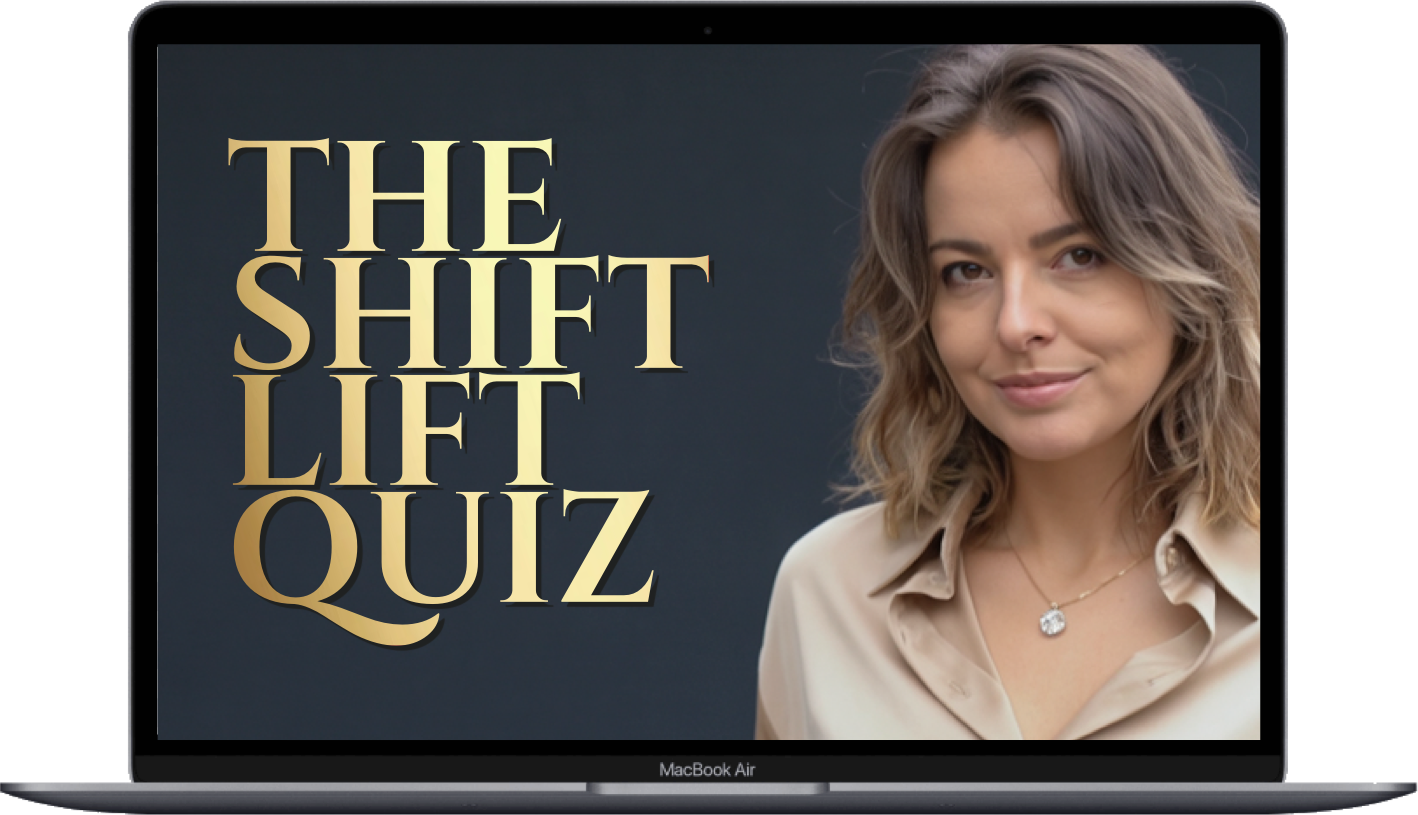What did the Cracker Barrel logo failure (that is quickly turning to a marketing textbook example) taught us about American job market?
I had this conversation with a friend the other day. Brilliant guy. Sharp. Decades of experience. He’s applied to 60+ jobs in the last three months. He was submitted to a couple. Zero callbacks.
And it hit me: smart guys finish last.
Not because they’re not good enough. Not because they didn’t do the work. Not because they couldn’t crush the role. They finish last because the system isn’t built to reward talent, knowledge, or experience. It’s built to minimize risk.
They finish last BECAUSE they are too good.
If the job description says HubSpot and your resume says Salesforce – you don’t get a shot. Doesn’t matter if you could learn HubSpot blindfolded in a week. Doesn’t matter if you built out entire sales systems in Salesforce that generated millions. The AI doesn’t care about your brain. It cares about keywords. And if you don’t have the right word in the right place – you never even cross the starting line.
And if you think the manager is looking for “potential,” think again. They’re looking at your last couple jobs and asking: Was this person already doing exactly what I need? Because if not, you’re “too big of a leap.” You could be a product manager who grew revenue in banking, navigated regulators, dealt with impossible stakeholders – but if the new role is in insurance? You’re dismissed. Different label, different line item, too risky.
And then comes the age trap. The older you get, the harder it gets. You’d think 30 years of experience is an advantage. It’s not. It’s a liability. Because the 35-year-old hiring manager doesn’t want someone who makes them feel small. They don’t want someone who could run circles around them in knowledge. They don’t want someone who might challenge their judgment. They want safe. They want easy. They want a peer they can manage without feeling like a fraud in their own chair.
That’s the truth nobody likes to admit.
The job doesn’t go to the most capable. It doesn’t go to the fastest learner. It doesn’t go to the person who could walk in and reinvent the way things are done. It doesn’t go to the best of the best.
Who gets the job instead? The “safe bet.” The person who just left a role doing the exact same thing last month, with the right degree in the right box. Someone who will not reinvent anything, who slides into the team, nods along, keeps the steady comfortable pace without stirring the pond. Convenient to manage, pleasant to work with, and unlikely to challenge you – or your stale process.
Someone doesn’t throw all that knowledge and experience at you to make you – or the product – better.
So the irony? The more you know, the less they want you. The sharper you are, the more threatening you become. The more inconvenient. The more unpredictable. The more risky.
It’s not about who’s best. It’s about who fits easily into mediocre conformity.
So if you’re older, you’re ignored. If you’re different, misunderstood, quirky, you’re passed over. If you’re too talented, too experienced, too outside the mold – you’re dangerous.
That’s the game. Hiring isn’t a meritocracy. It’s not about brilliance. It’s not about upside. It’s about protecting the system from risk.
American job market doesn’t need superheroes. It doesn’t need Steve Jobses, Travis Kalanicks, Evan Williamses, Jack Dorseys. It needs Dwight Schrutes and Charlie Browns, quiet Dudley Do-Rights who does just a little more than “OK” to show that they still are good for the job, but who are convenient to keep.
Because they are predictable…
But the truth is, achievements are inconvenient. Growth is not always pleasant. Strive for excellence and especially when it’s enforced upon you is annoying and may be even painful.
The tragedy? The very things that make someone unstoppable in real life – range, adaptability, wisdom – are the same things that get you eliminated in the hiring funnel.
But you rip what you sew. America, don’t expect excellence in your products if you keep hiring mediocrity just because brilliance makes you uncomfortable.
Just like Cracker Barrel’s logo redesign – safe, bland, trend-chasing – predictable hires produce products and brands that feel forgettable.
Conformity kills recognition and impact. This is what happens when you play it safe.
You hired that.




